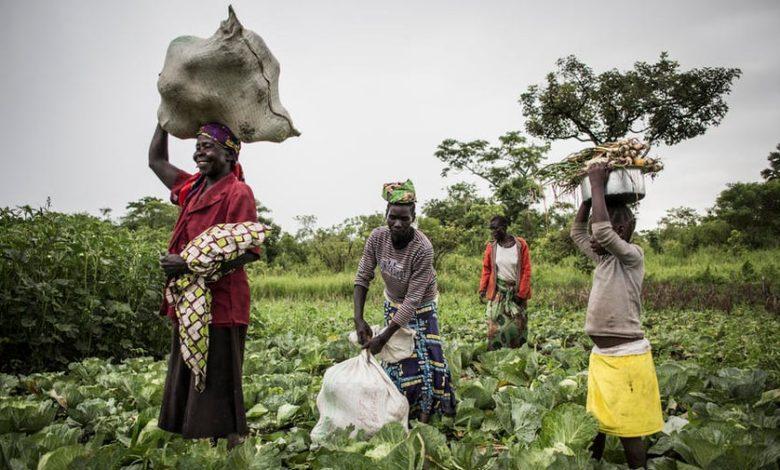Africa-Press – Tanzania. AGRICULTURAL sector covering crop farming, livestock and fishing grew by four per cent in 2024, contributed 26.3 per cent to Gross Domestic Product (GDP) and employed 65.4 per cent of the population.
Speaking at the climax of the 32nd Nane Nane International Agricultural Exhibition in Dodoma, she outlined key gains in agriculture, livestock and fisheries, crediting the sectors with driving economic growth, food security and employment for millions of Tanzanians.
As the Head of State said, it contributed to food security by more than 100 per cent, reaching 128 per cent last year. This is a very important sector for us. It is clear that stakeholders in the agricultural sector deserve praise for this great contribution to the country.
Agriculture is essential for several reasons: it’s crucial for food security, provides livelihoods for a large portion of the population and plays a significant role in the economy. In Tanzania, agriculture is a major contributor to the GDP, export earnings and employment.
We say kudos to farmers, pastoralists, fishermen and all cooperatives in the country for their role in ensuring food security and improving nutrition and development.
Food security: A stable agricultural sector ensures a reliable food supply, which is vital for preventing malnutrition and ensuring public health. In Tanzania, the sector’s performance directly impacts food security and the well-being of the population. Economic contribution: Agriculture is a major source of income and employment, both directly and indirectly, through related industries.
In Tanzania, a significant portion of the population relies on agriculture for their livelihoods and the sector contributes substantially to export earnings. The sector’s performance also influences price stability and the overall financial health of the country.
Livelihoods and employment: Agriculture provides jobs for millions of people worldwide, making it a critical source of income and economic activity. In Tanzania, a large number of people, including farmers and their households, depend on agriculture for their livelihoods.
Environmental impact: The state of agriculture is closely linked to environmental issues like climate change and pollution. Agriculture practices can either contribute to or mitigate these problems, making it crucial to adopt sustainable methods. Contribution to GDP: In Tanzania, agriculture is a significant contributor to the country’s GDP, as President Samia said on Friday.
Foreign exchange earnings: Agriculture, particularly through cash crop exports, generates substantial foreign exchange for Tanzania. In Tanzania, cash crops like cashew nuts, coffee, cotton, sisal, tea and tobacco contribute significantly to export earnings.
For More News And Analysis About Tanzania Follow Africa-Press







